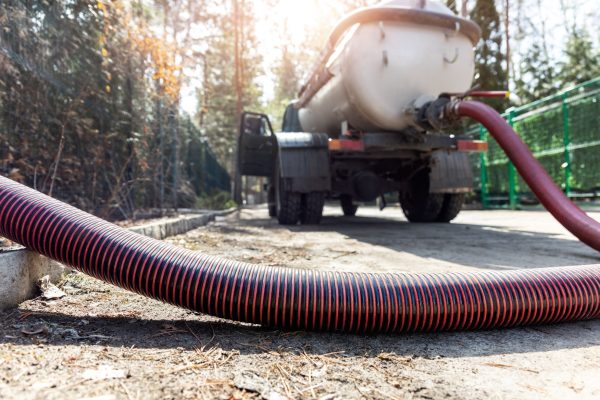
Climate change presents unique challenges for San Diego homeowners with septic systems. As our regional weather patterns shift and extreme conditions become more common, understanding how these changes impact your septic system is crucial for maintaining proper function and avoiding costly repairs.
Understanding San Diego’s Changing Climate
San Diego’s climate has undergone significant changes in recent years, with more extreme weather patterns emerging. These changes directly affect how septic systems perform and require homeowners to adapt their maintenance practices. Our region faces several critical climate-related challenges that impact septic system performance:
- Extended drought periods that affect soil conditions and system performance
- Increased frequency of intense rainfall events leading to soil saturation
- Rising temperatures that impact bacterial activity in septic tanks
- Changing groundwater levels affecting drain field efficiency
Impact on Septic System Components
Effects on Drain Fields
San Diego’s changing precipitation patterns significantly impact drain field performance. During extended dry periods, soil becomes compacted and less efficient at processing wastewater. This compaction can lead to slower absorption rates and potential system backup. Conversely, sudden heavy rains can oversaturate drain fields, leading to system failure and potential environmental hazards.
Changes in Tank Performance
Rising temperatures affect the biological processes within septic tanks. While warmer temperatures can increase bacterial activity, extreme heat can disrupt the delicate balance of beneficial bacteria necessary for proper waste decomposition. This disruption can lead to incomplete waste processing and increased maintenance requirements.
Flood and Drought Risks
Managing Flood Impacts
Heavy rainfall events pose significant challenges to septic systems in San Diego. When intense storms saturate the ground, septic systems can experience immediate and severe problems. The most common issues include system backup, increased risk of groundwater contamination, and physical damage to system components from erosion. Additionally, compromised drain field performance can lead to long-term system inefficiency.
Drought-Related Challenges
Extended dry periods create equally concerning issues for septic system performance. Drought conditions can cause soil compaction that affects drain field efficiency and reduces bacterial activity in septic tanks. The shifting ground during drought periods may also cause physical damage to system components, while changed water usage patterns can impact overall system performance.
Preventive Measures and Solutions
To protect your septic system from climate-related issues, implementing a comprehensive maintenance strategy is essential. Regular professional inspections form the foundation of effective system care. Additionally, homeowners should:
- Schedule comprehensive system evaluations at least annually
- Implement household water conservation measures
- Monitor drainage patterns around the property, especially after heavy rains
- Maintain appropriate landscaping around septic components to prevent erosion
System Upgrades and Modifications
Modern septic systems can be adapted to better handle climate challenges. Working with experienced professionals, homeowners can upgrade their systems to improve resilience. Consider installing modern septic components designed for climate resilience and upgrading drainage systems to handle increased water flow. Water-efficient fixtures throughout your home can also help reduce system stress.
Future Considerations for San Diego Homeowners
As climate change continues to affect our region, septic system owners must stay informed about best practices and emerging solutions. Working with licensed septic professionals who understand local conditions and climate challenges is essential for maintaining system health and preventing environmental impacts.
Developing a comprehensive maintenance plan is crucial for long-term system health. Your plan should account for seasonal weather changes, water usage patterns during different climate conditions, and emergency preparedness for extreme weather events. Regular system updates and improvements will help ensure your septic system remains reliable despite changing environmental conditions.
Contact Dr. Septic today for a professional assessment of your septic system’s climate resilience. Our experienced team can help protect your investment and ensure your system continues to function effectively despite changing environmental conditions. With proper maintenance and timely upgrades, your septic system can remain efficient and reliable even as our climate continues to change.
